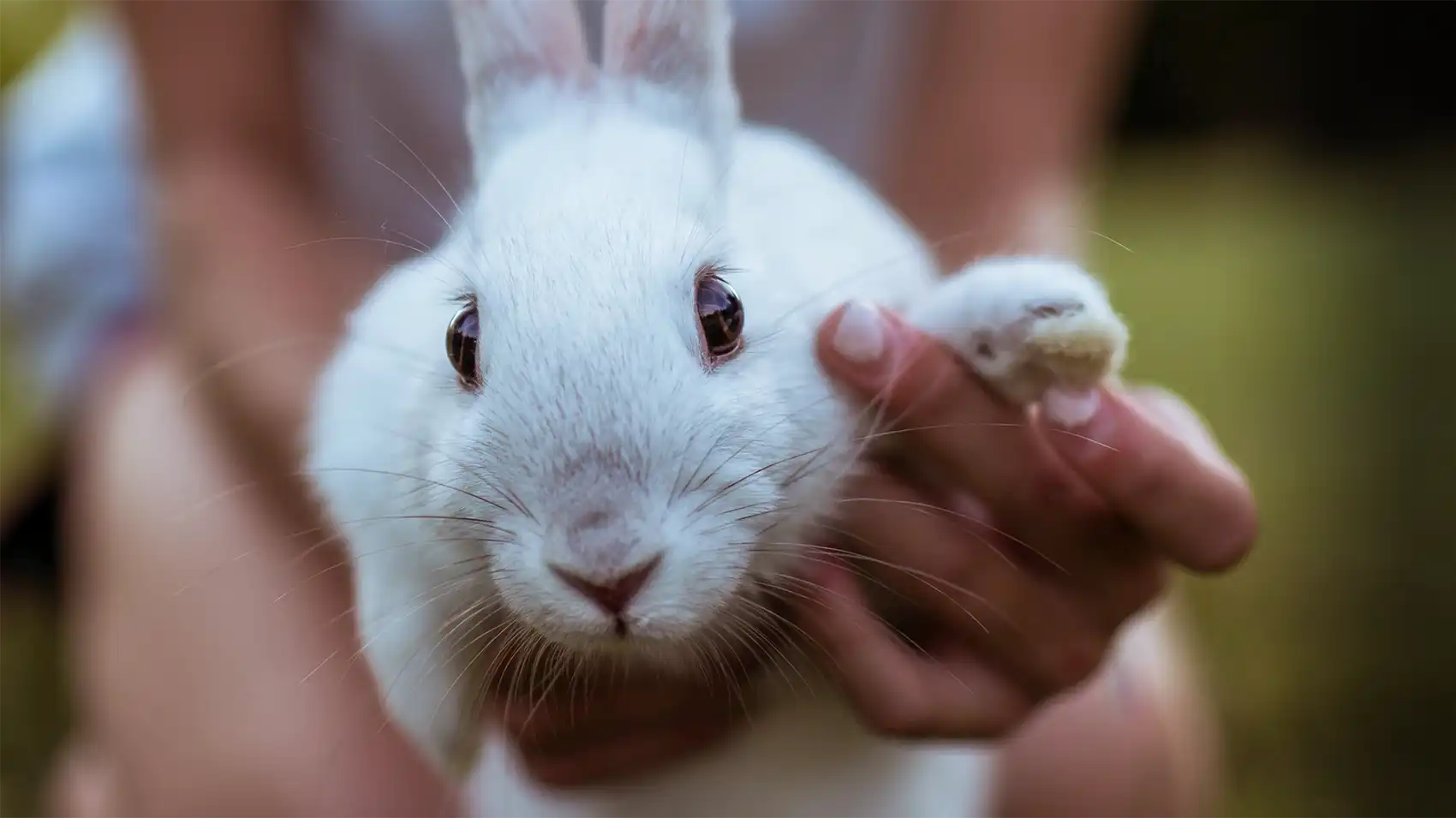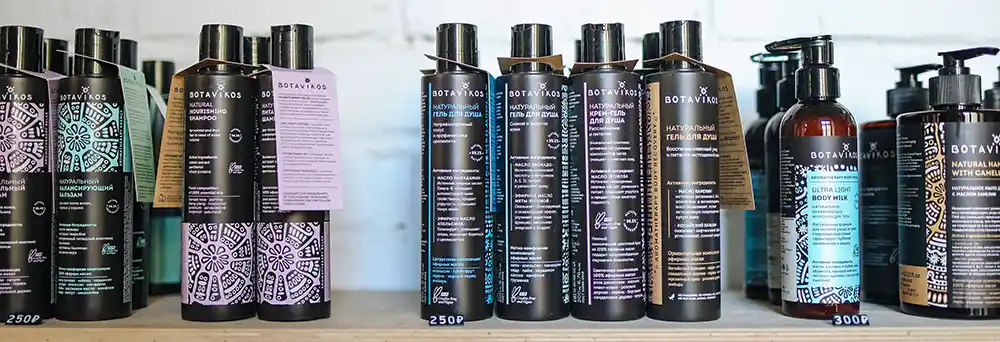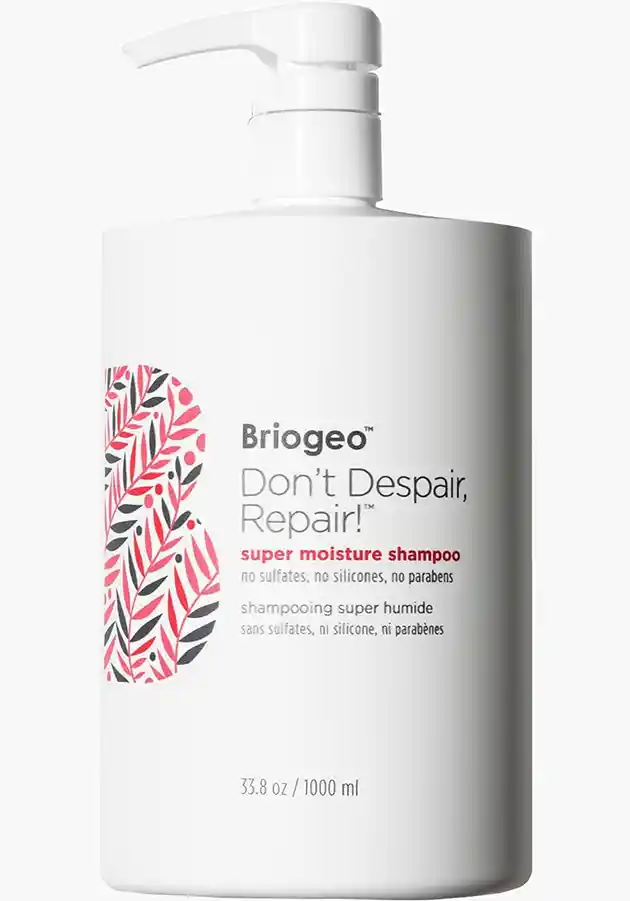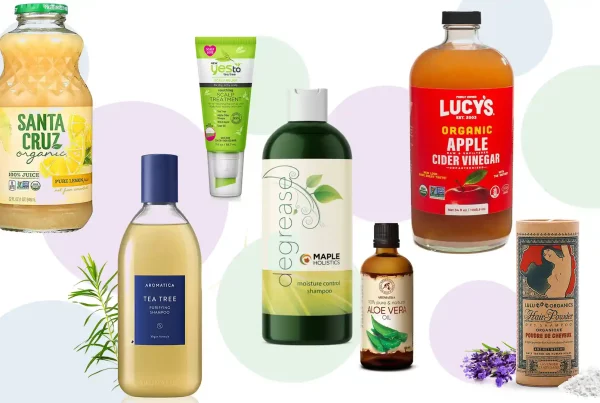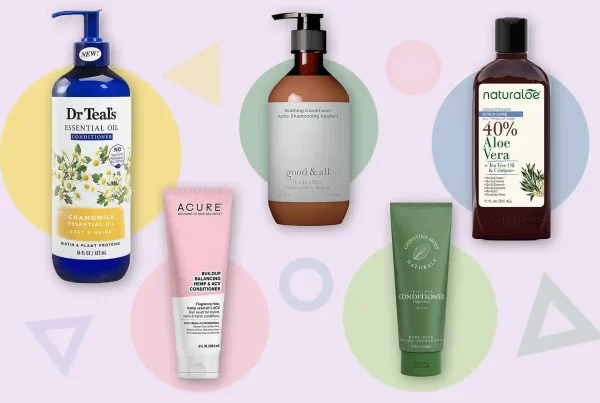Folks from every corner of the globe realize that switching to vegan haircare and skincare products make the right move. In 2022, the vegan beauty products market already had a hefty value of $15.89 billion. experts project it to a whopping $25.3 billion by 2029. This is not to say that using cruelty-free hair products is necessarily a “trend.” There is a global awakening. People are eventually seeing the truth about the traditional beauty industry and how harmful it can be to animals and humans.
We may earn commissions from links on this page, but we are independent and only feature vegan hair products we truly believe in. Why trust us?
If the idea of embracing a vegan lifestyle has been on your mind, or if you’re simply aiming to incorporate more vegan beauty products into your daily routine, then this is exactly where you need to be! We’re about to delve into the world of the beauty industry, unpack the true essence of “cruelty-free” and “vegan,” and shed light on the immense harm that comes from animal testing and the mingling of human and animal ecosystems. Stay tuned for some enlightening insights!
“Cruelty-Free” & “Vegan”
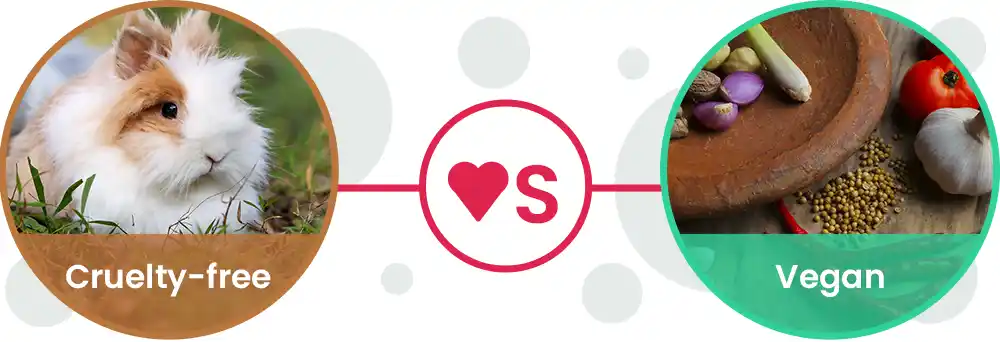
It’s worth highlighting that “vegan” and “cruelty-free” don’t quite mean the same thing. So, let’s set out on a quest to unveil the true meanings behind these terms.
Definitions
Being vegan signifies that a product is devoid of ingredients that originate from animals. Nonetheless, certain beauty products can be misleading, especially for those dedicated to strict veganism.
The truth is, numerous beauty products contain ingredients that are far from vegan, including:
- Honey
- Beeswax
- Gelatin
- Lanolin
- Squalene
- Carmine
- Ambergris
- Sheep Placenta
Being cruelty-free means that a product, its ingredients, and the process of creating it haven’t involved any form of animal testing. This commitment extends to not only the final product but also every single component that goes into making it.
Here’s the deal with these definitions, especially in the beauty world – neither of them falls under FDA regulations. This means that what one company considers as “cruelty-free” or “vegan” might not match up with another’s take. As you probably noticed in the definitions above, the label “vegan” doesn’t guarantee a product hasn’t been tested on animals, unless that product displays both badges. It’s a bit of a maze out there, but we’re here to help you navigate through it!
No Regulation
The Vegan Society defines veganism as,
“a philosophy and way of living which seeks to exclude—as far as is possible and practicable—all forms of exploitation of, and cruelty to, animals for food, clothing or any other purpose; and by extension, promotes the development and use of animal-free alternatives for the benefit of animals, humans and the environment. In dietary terms it denotes the practice of dispensing with all products derived wholly or partly from animals.”
So, if you ask a member of The Vegan Society, they would say that all products labeled as “vegan” should inherently not be tested on animals. However, because there is no federal regulation, the definitive distinction is murky. That’s why it’s important to understand the differences between the two so you can make the most informed decision when purchasing cruelty-free hair products, especially if your goal is to stick to a vegan and cruelty-free lifestyle.
There’s no compelling reason to keep using animal products in the beauty industry, just as there’s zero justification for animal testing. Take big players like Dermablend, Milani, Too Faced, Tarte, and Lush for instance – they’re dishing out vegan and cruelty-free choices, proving that all companies have the potential to follow suit.
We get it, cosmetics and beauty products are a big part of our lives. But subjecting animals to terrible tests and recklessly sourcing animal-derived ingredients? Nah, that doesn’t fly. No matter how innovative the cosmetic world becomes, it’s absurd to harm one living being just for the sake of another looking good. It’s time we say no to that kind of nonsense.
Which Animals Do Cosmetics Companies Test On?
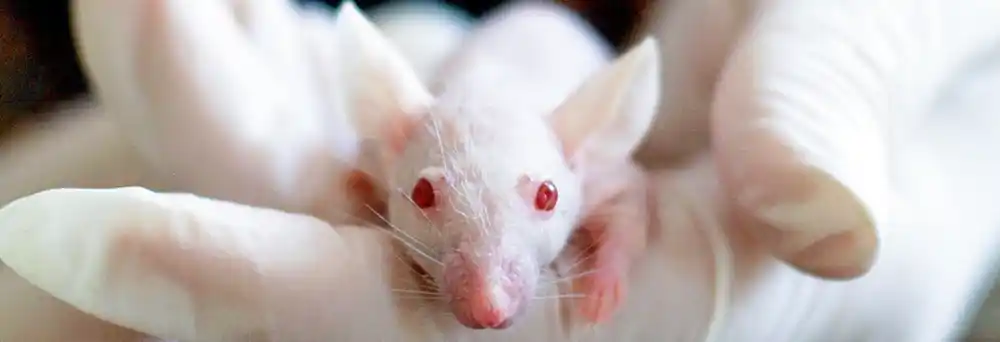
Animal Exploitation
Let’s dive into a concerning reality: animal testing and the grim world of animal exploitation within the cosmetic industry.
Despite living in an era of incredible scientific advancements, it’s alarming to acknowledge that millions of animals, including rabbits, mice, and guinea pigs, are still subjected to painful experiments each year for cosmetic testing purposes. This archaic practice not only inflicts immense suffering on these creatures but also often fails to accurately predict human reactions due to biological differences.
Cosmetic Testing
Let’s pull back the curtain on the harsh reality of animal testing in the cosmetics industry and delve into the specific types of tests that continue to raise serious ethical concerns. Note that the following information may be disturbing to some readers:
- Dermal Irritation Tests: Imagine innocent animals, often rabbits, having substances rubbed onto their skin or placed in their eyes. The aim? To observe potential irritations or damage. This method inflicts pain, suffering, and sometimes even blindness.
- Skin Sensitization Tests: Animals are subjected to chemicals that might trigger allergic reactions on their skin. This procedure isn’t a walk in the park; it causes pain, discomfort, and significant distress, all for the sake of cosmetic testing.
- Acute Toxicity Tests: Animals are force-fed or exposed to substances to determine how much of it can be lethal. Sadly, many animals succumb to this ordeal, and the human relevance of these tests is often dubious.
- Repeated Dose Toxicity Tests: Animals are made to ingest, inhale, or absorb chemicals daily for weeks or even months. It’s a brutal process that causes immense suffering and potential long-term damage. And honestly, there are more humane and effective ways to gather data.
- Carcinogenicity Tests: Picture animals exposed to substances for extended periods, all to monitor potential cancer-causing effects. The cost? Suffering and distress. Unfortunately, these tests often miss the mark due to biological differences between animals and humans.
- Reproductive and Developmental Toxicity Tests: Pregnant animals are exposed to substances to see how it impacts their offspring. This process leads to maternal separation and suffering for both the mother and the young, raising serious ethical questions.
Once the tests are complete, the animals are typically put to death with no regard for their life in any capacity. The method of killing is typically asphyxiation, neck-breaking or decapitation – no pain relief is provided.
Animal Wellbeing & Human’s Health
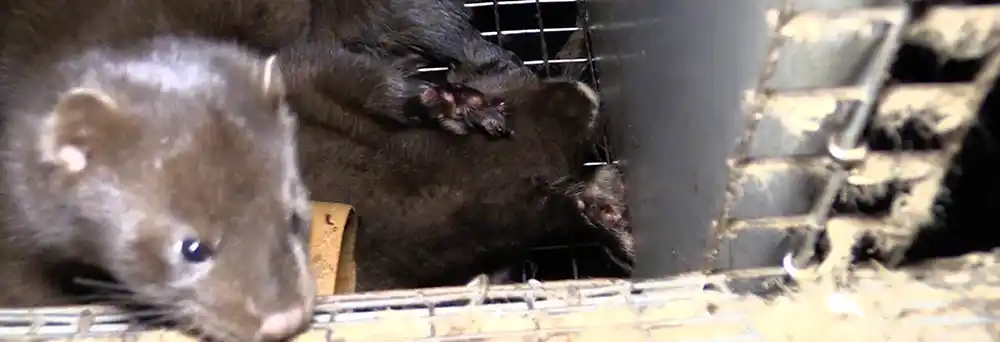
Zoonotic diseases stem from viruses that jump between humans and animals, as highlighted by the Centers for Disease Control and Prevention (CDC). Over the past century, these diseases have shot up dramatically, making up a staggering 60% of newly emerging infections today. Think Rabies, Lyme Disease, Salmonella, West Nile, and even The Black Plague – they’re all part of this concerning mix.
Now, here’s the kicker: the CDC firmly warns that these diseases can spread through direct contact with animals. So, imagine bumping into an infected animal’s saliva, blood, urine, or any of their other body fluids – that’s a recipe for potential trouble. And guess what? Scientists who rely on animal testing often find themselves in exactly these scenarios that the CDC cautions against. This not only puts them at risk but also amplifies the chances of spreading these diseases further.
Considering the facts, it’s a no-brainer for both humans and animals: putting an end to animal testing is in everyone’s best interest. It’s a step towards curbing these diseases and safeguarding our health, along with that of our furry friends.
Eradicate Animal Cruelty in Cosmetics
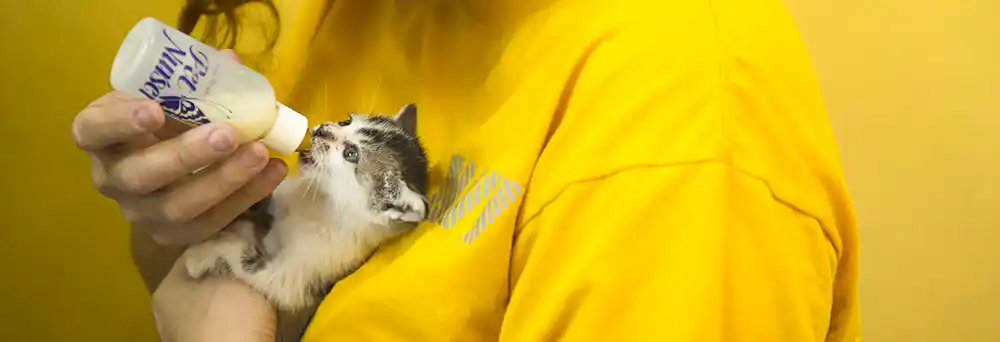
Making a change starts with each one of us. So, here’s the deal: if you’re up for ending animal testing in the cosmetics industry, there are impactful steps you can take.
- Make Informed Choices: When you’re shopping for cosmetics, look for those proudly labeled as cruelty-free (and vegan). These are products that steer clear of animal testing and animal-derived ingredients. Your choices speak volumes to the industry.
- Support Cruelty-Free Brands: Purchase cruelty-free hair products from the brands that have already committed to being cruelty-free and ethical. Your purchase power is like a vote for positive change.
- Raise Your Voice: Don’t shy away from voicing your concerns. Engage on social media, write emails, and sign petitions urging companies to ditch animal testing. Your voice can be a catalyst for transformation.
- Educate Others: Spread the word about the realities of animal testing and the availability of cruelty-free options. Empower your friends and family to make conscious choices too.
- Advocate for Change: Support organizations – like Peta, Ethical Elephant, and Leaping Bunny – that are tirelessly working to end animal testing. They’re on the frontlines fighting for a more compassionate industry.
Remember, this change isn’t solely in the hands of corporations or authorities. It’s about everyday citizens like you and me driving change through our choices, voices, and actions. Together, we can nudge the cosmetics industry toward a more ethical and cruelty-free future.
The Best Cruelty-Free Hair Products
You can begin or continue your journey to a vegan, cruelty-free lifestyle by purchasing cruelty-free hair products that are listed by VeganHairGrowth.com. All of the products on our website have been vetted to be fair for animals, humans, and the environment! We are working hard to have all the information you need to live your hair’s best and healthiest life!


